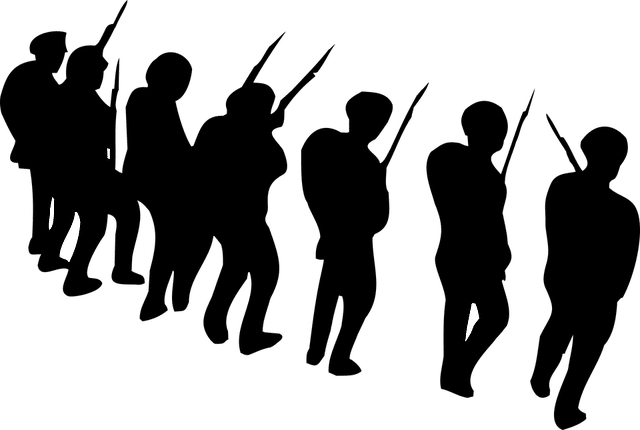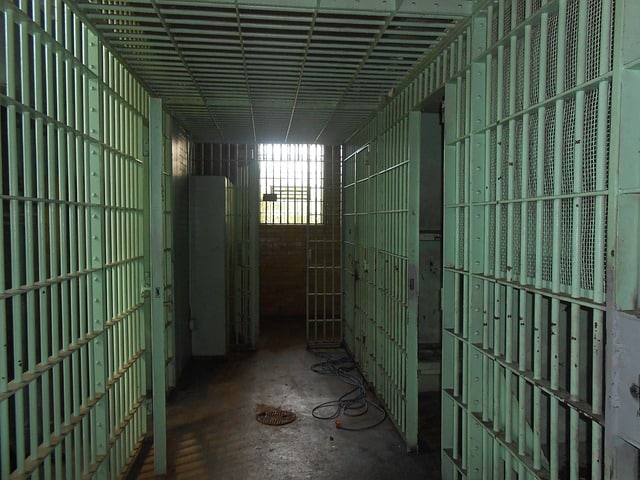
A mutiny can be an uprising in a barracks.
Mutiny , from the French mutin ( "rebel" ), is the disorderly movement of a group of people who revolt against constituted authority or the established order. Unlike concepts such as rebellion or revolt , the mutiny takes place in a limited area, such as a prison or a military barracks.
For example: "The riot in the Sierra Chica prison has left four dead and a dozen injured" , "Colonel Casablanca led the riot which, within a few hours, was controlled thanks to the intervention of the governor" , "The subject convicted of robbing Banco Vida Nueva, he has been identified as the driving force behind the riot.”
Mutiny in prison and in the military
One of the meanings of the term, then, is within the scope of a prison . The mutiny, in this case, occurs when the prisoners begin to cause disturbances and rebel against the prison guards, generally demanding improvements in living conditions or in the procedural situation.
In the military context, the mutiny occurs within a barracks or, if it is the Navy , on a ship. This uprising involves disobedience to the chain of command and the hierarchical order, being considered a crime (mutiny).

In a prison, a riot is a rebellion by the prisoners.
A historical example
Historically, we would have to say that there are various riots that have become important episodes of our past. Thus, for example, among them the Aranjuez Mutiny takes special prominence, which took place in March 1808 in the Madrid town that gives it its name.
The uprising of the citizens, in this case, occurred as a consequence of a series of situations that were particularly worrying them, such as the intrigues that were taking place at the Court, the consequences that the defeat in the famous Battle of Trafalgar or the tensions regarding the throne.
The result of this mutiny was none other than the fall of the minister Manuel Godoy , who held great power and who was rumored to have relations with the queen, but also the end of an era, the Old Regime, and the beginning of a series of unfortunate consequences like a war.
Esquilache Mutiny
In the same way, we should not overlook the one known as the Esquilache Mutiny , which occurred in Madrid in 1766 during the reign of Carlos III .
It was a massive popular revolt with forceful economic, political and social demands that had two facts as its starting point: the imposed rule that prohibited the use of the long cape as well as the hat called a chambergo, and, especially, the increase of the prices of essential products. The latter situation led to the population going hungry.
A spontaneous revolt
Mutiny can also be the spontaneous revolt of the lower classes in the face of some type of oppression.
A riot can break out due to the murder of a person at the hands of the police, which causes part of the population to take to the streets in protest to demand justice , with a more or less violent attitude towards the authorities.
